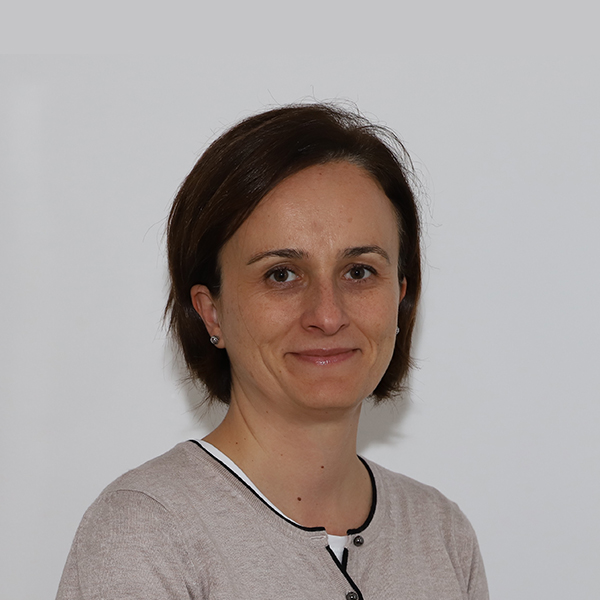EDUCATION
Ph.D
2001-2004
Department of Human Genetics, University of Michigan, Ann Arbor, MI, USA
M.Sc
1998-2001
Department of Human Genetics, University of Michigan, Ann Arbor, MI, USA
B.Sc
1993-1997
Department of Biological Sciences, Middle East Technical University, Ankara, Turkiye
RESEARCH SUMMARY
Breast cancer is a major health problem causing major mortality and morbidity. Our main focus in the laboratory is to understand why and how normal breast cells are transformed into cancer cells. To begin understanding this complex question, we are interested mainly in the 3' UTRs (untranslated regions) of mRNAs. The main interests of the lab are:
1. Investigating alternative polyadenylation in cancer cells
Given the significance of microRNA-mediated gene expression regulation, we are interested in understanding how microRNA and mRNA interactions take place and how these interactions may be overridden by regulated alterations of 3' UTR sizes.
2. Investigating the role of non-coding RNAs in cancer cells
microRNAs are small non-coding RNA fragments that bind to target mRNAs to regulate their stability and/or translation. Hence, deregulated microRNAs can potentially alter the expression of numerous target proteins.
SELECTED PUBLICATIONS
Sapmaz A, Berlin I, Bos E, Wijdeven RH, Janssen H, Konietzny R, Akkermans JJ, Erson-Bensan AE, Koning RI, Kessler BM, Neefjes J, Ovaa H. USP32 regulates late endosomal transport and recycling through deubiquitylation of Rab7. Nat Commun. 2019 Mar 29;10(1):1454
Beğik O, Öyken M, Çınkıllı T, Can T, Erson-Bensan AE, Alternative Polyadenylation Patterns for Novel Gene Discovery and Classification in Cancer. Neoplasia, 2017, 19(7), 574-582
Erson-Bensan AE, Beğik O, m6A Modification and Implications for microRNAs. MicroRNA, 2017, 6(2), 97-101
Erson-Bensan AE. Alternative polyadenylation and RNA-binding proteins. J Mol Endocrinol. 2016 Aug;57(2):F29-34
Erson-Bensan AE, Can T. Alternative Polyadenylation: Another Foe in Cancer. Mol Cancer Res. 2016 Jun;14(6):507-17





